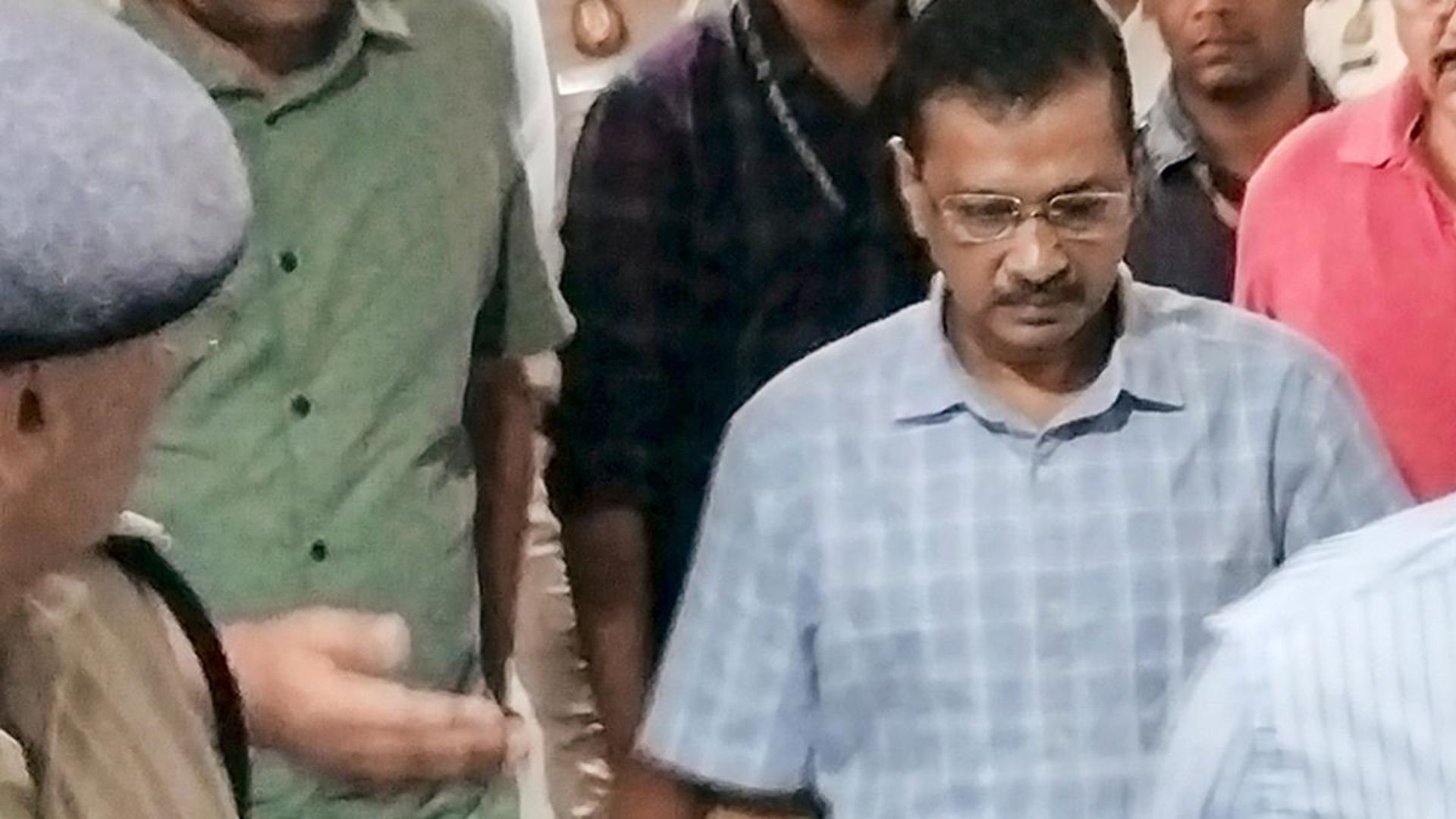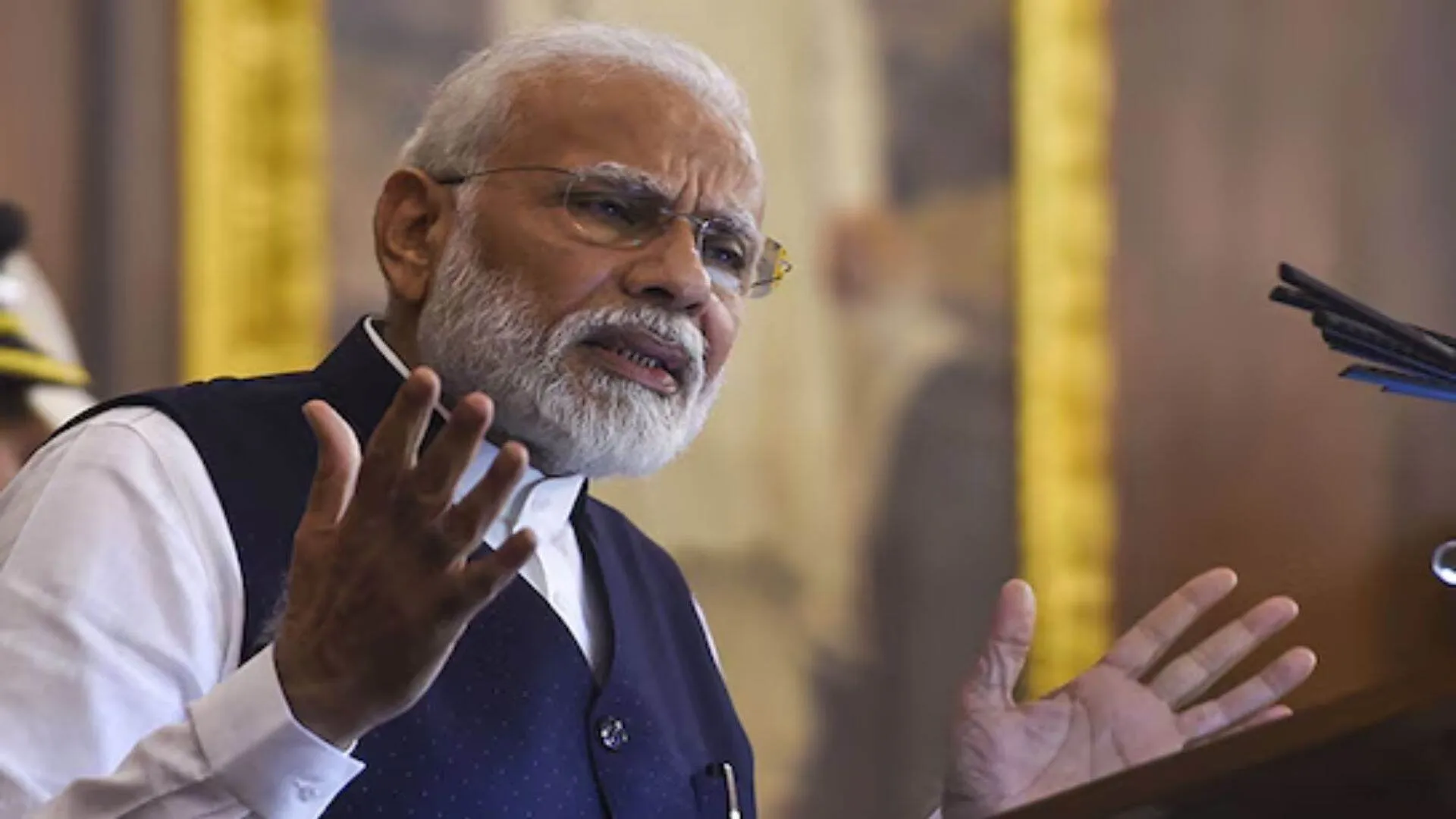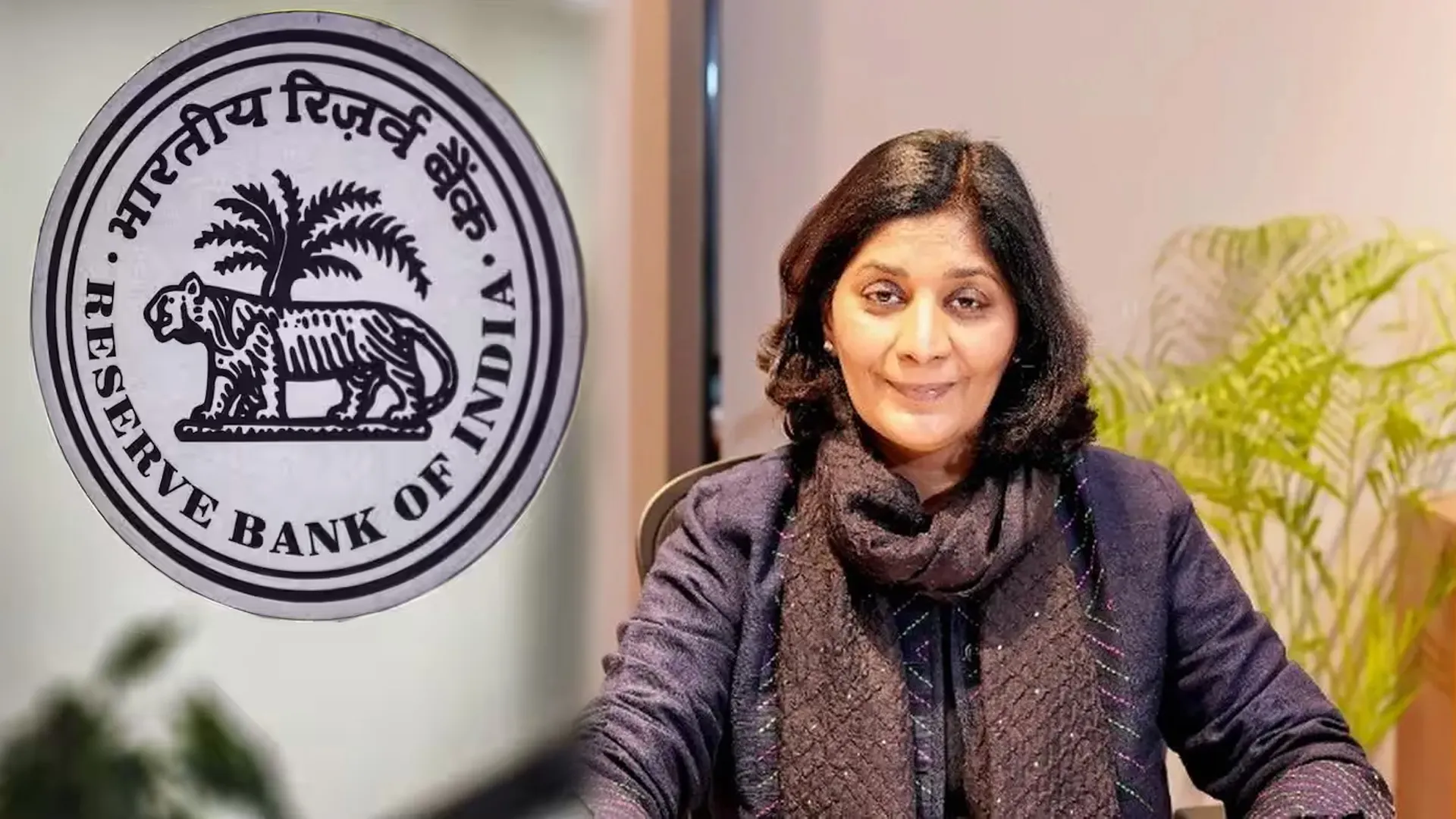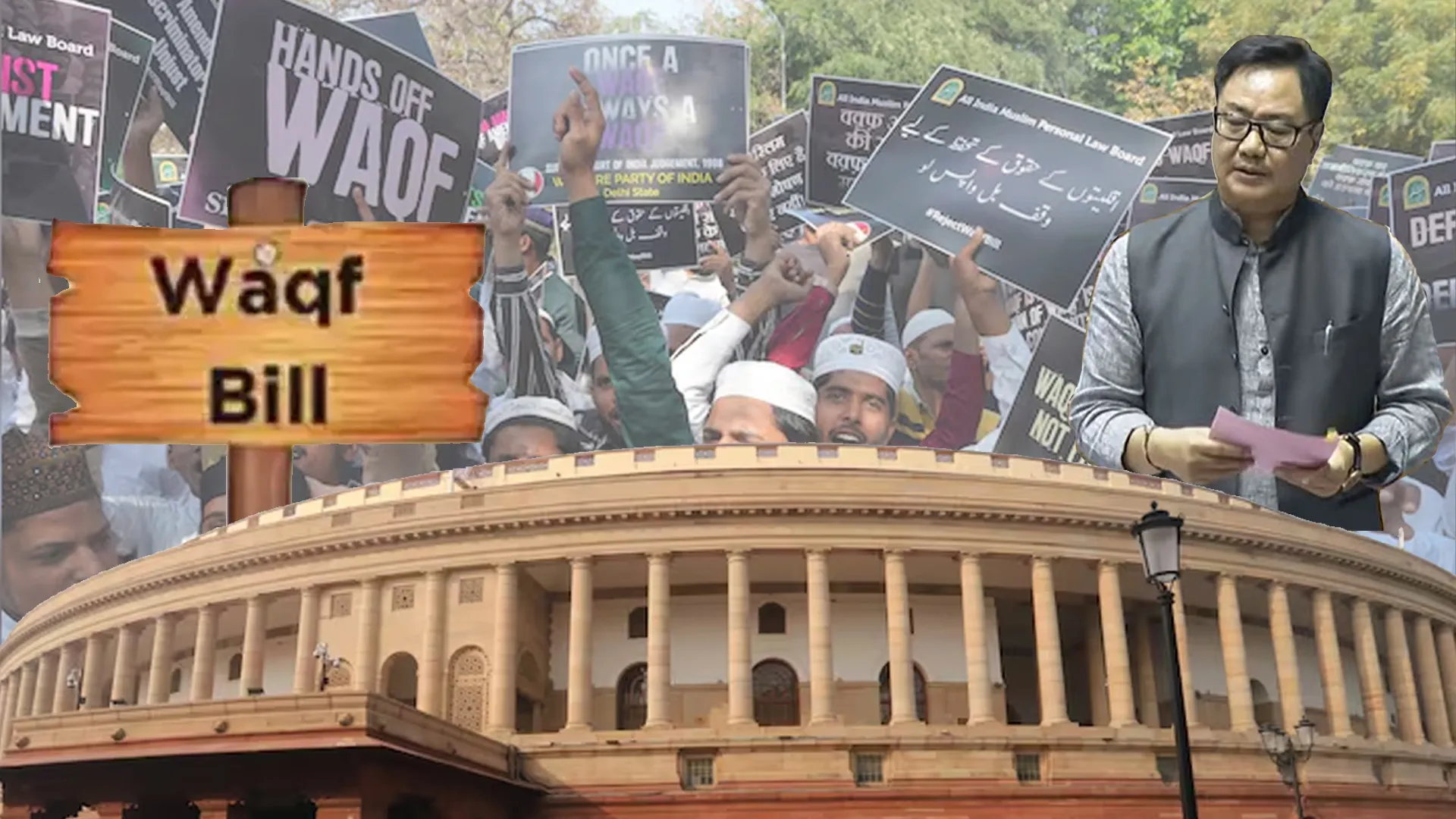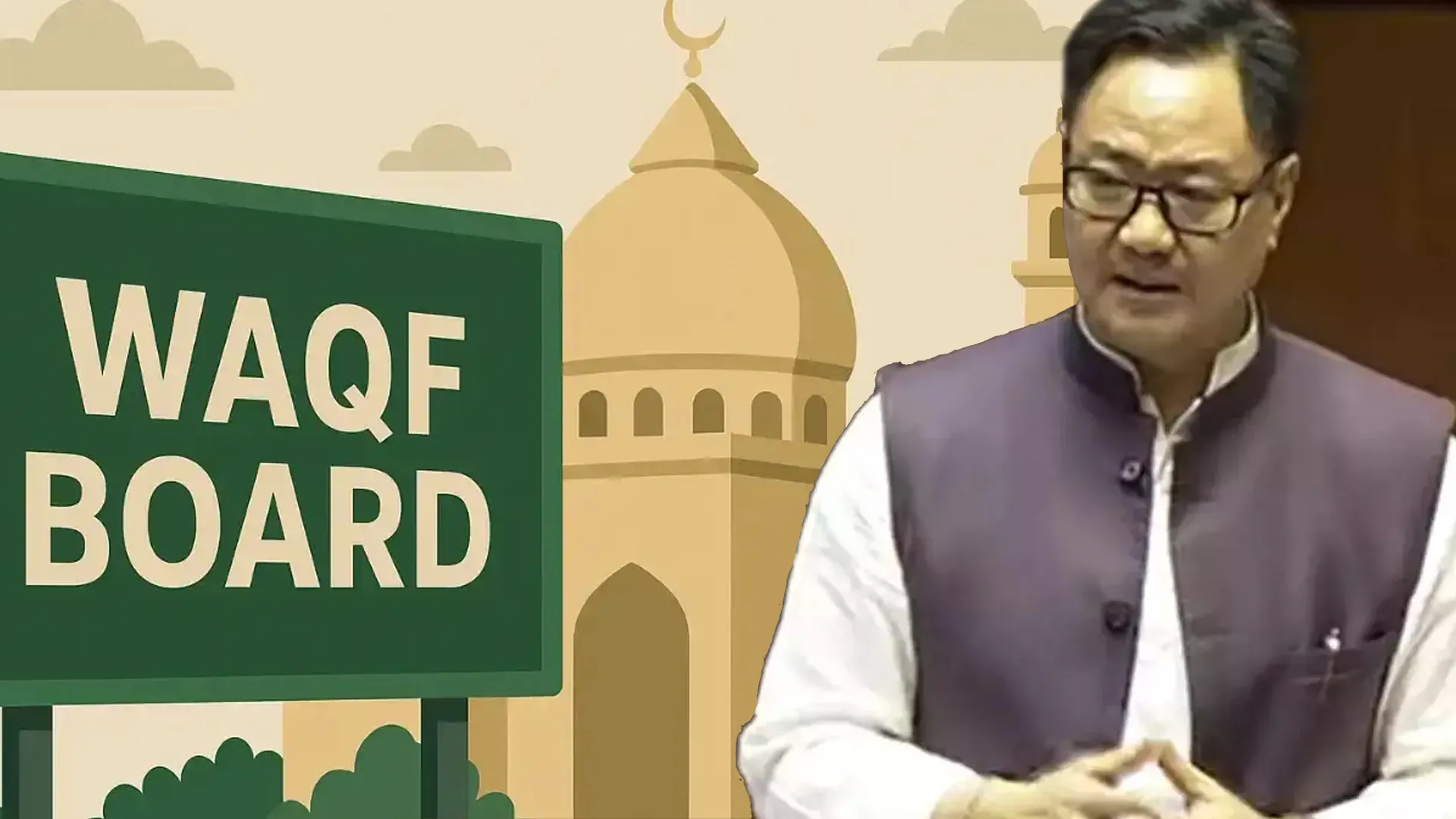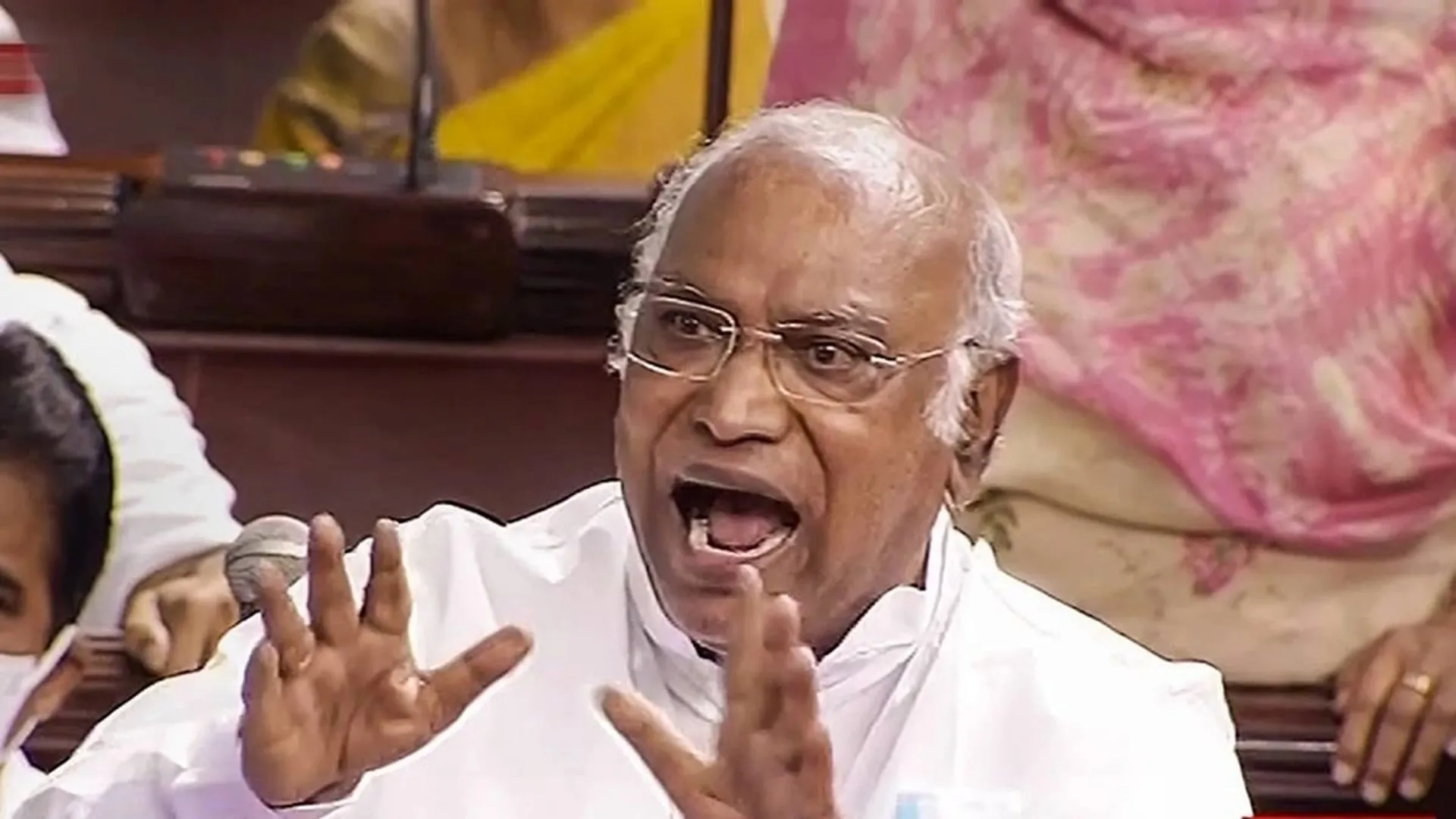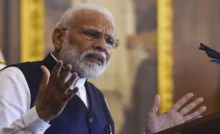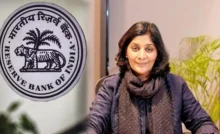The Supreme Court today granted the bail to Delhi Chief Minister Arvind Kejriwal. The Supreme Court has deemed the CBI’s arrest of Kejriwal unjustified. Justice Ujjal Bhuyan stated that further detention by the CBI on the same charges is no longer justifiable. He emphasized the presumption of innocence, noting that bail should be the norm and imprisonment an exception. He stressed that the pre-trial process should not amount to a punishment.
Justice Ujjal Bhuyan announced that the criminal appeal filed by Arvind Kejriwal is granted, overturning the High Court’s decision. Consequently, the Delhi Chief Minister will be released on bail.
Justice Ujjal Bhuyan expressed serious concerns about the conditions restricting Arvind Kejriwal from entering the secretariat or signing files. However, he refrained from commenting on these conditions due to judicial restraint, as they pertain to a separate ED case.


